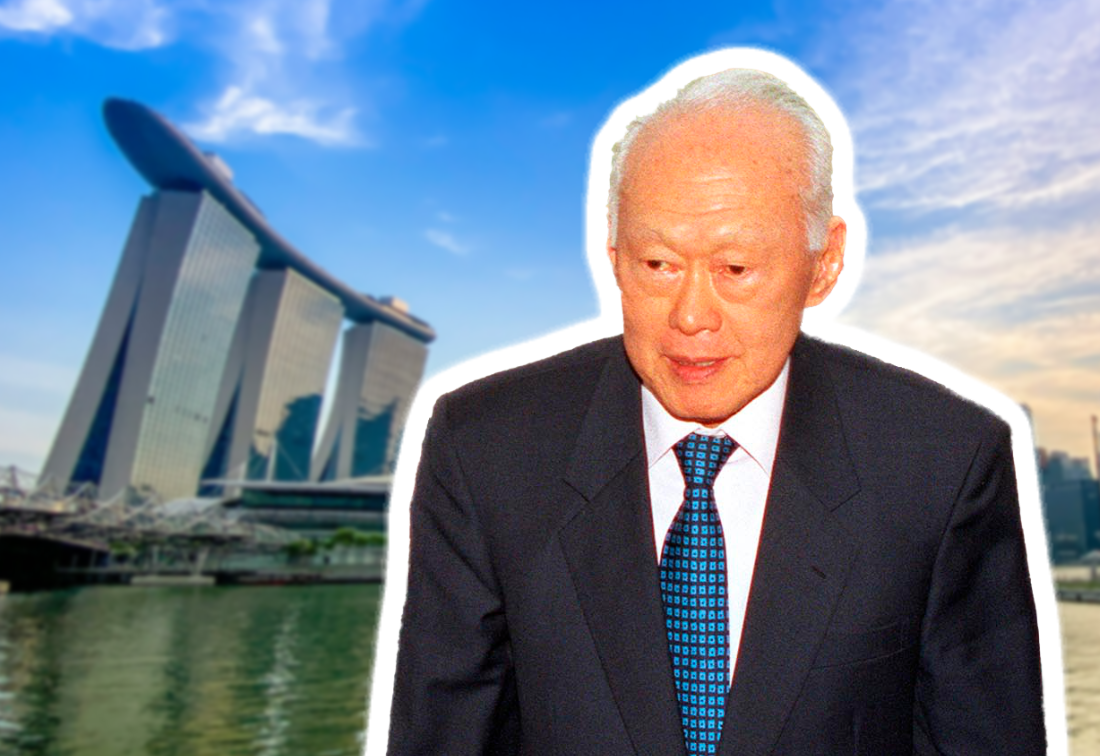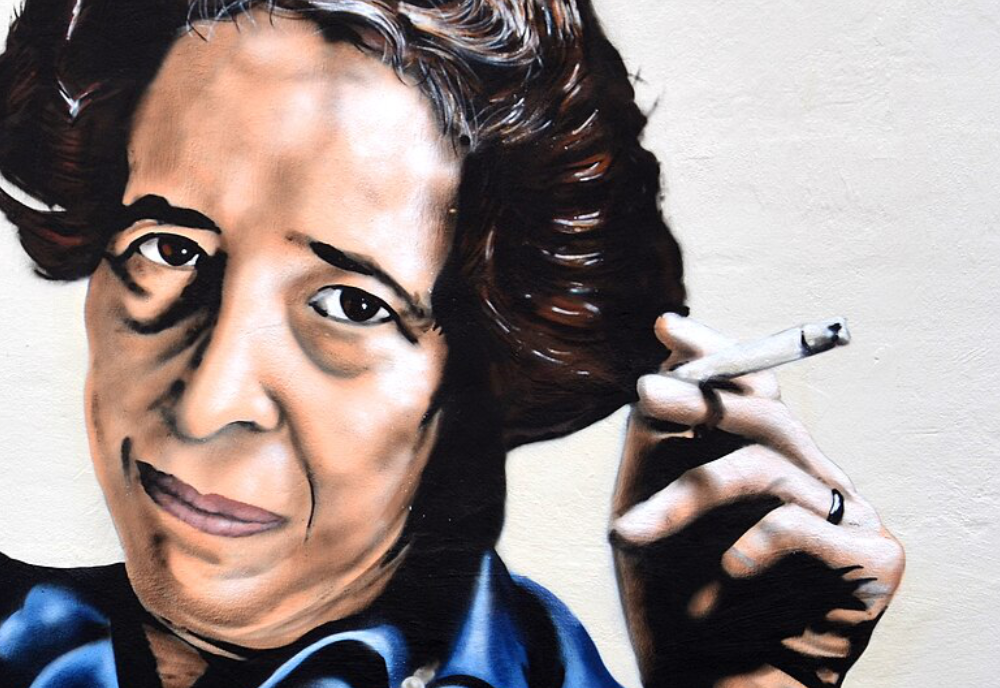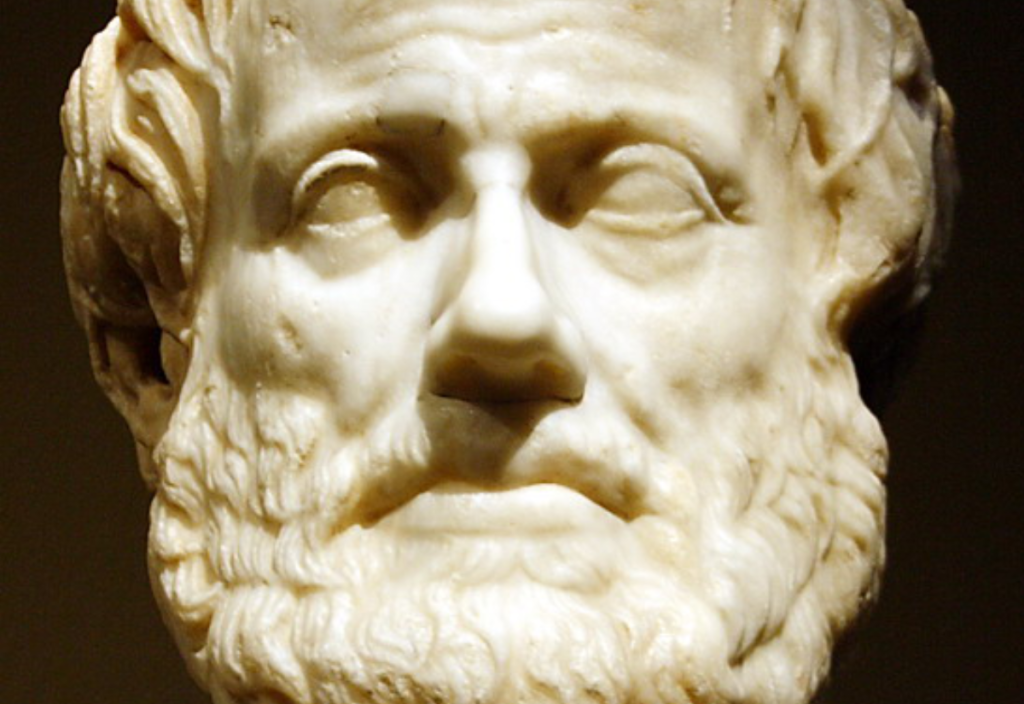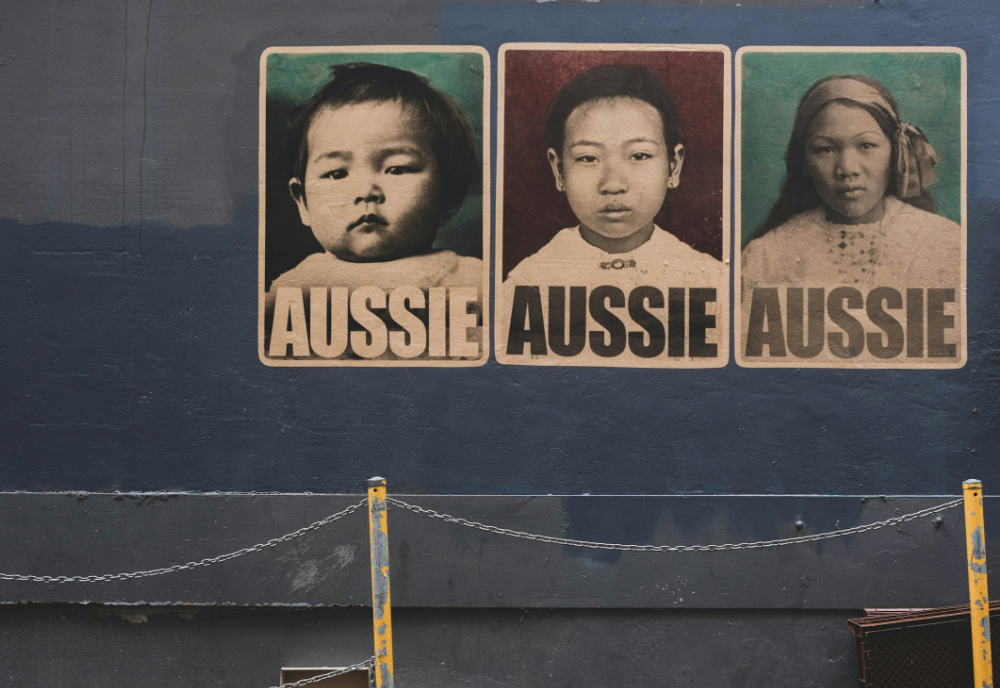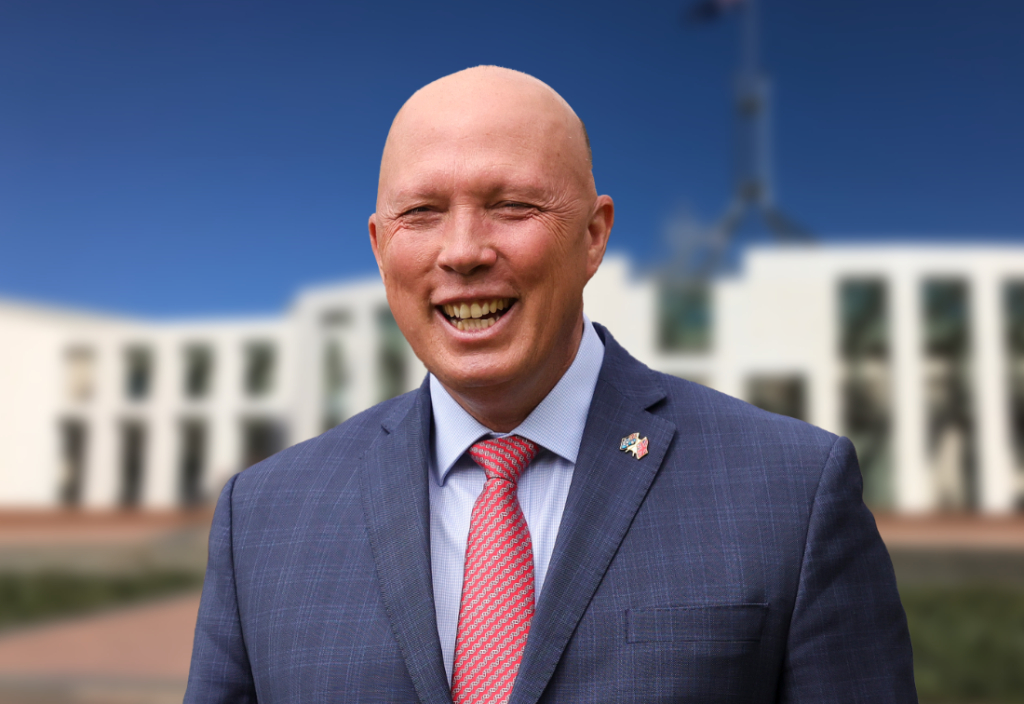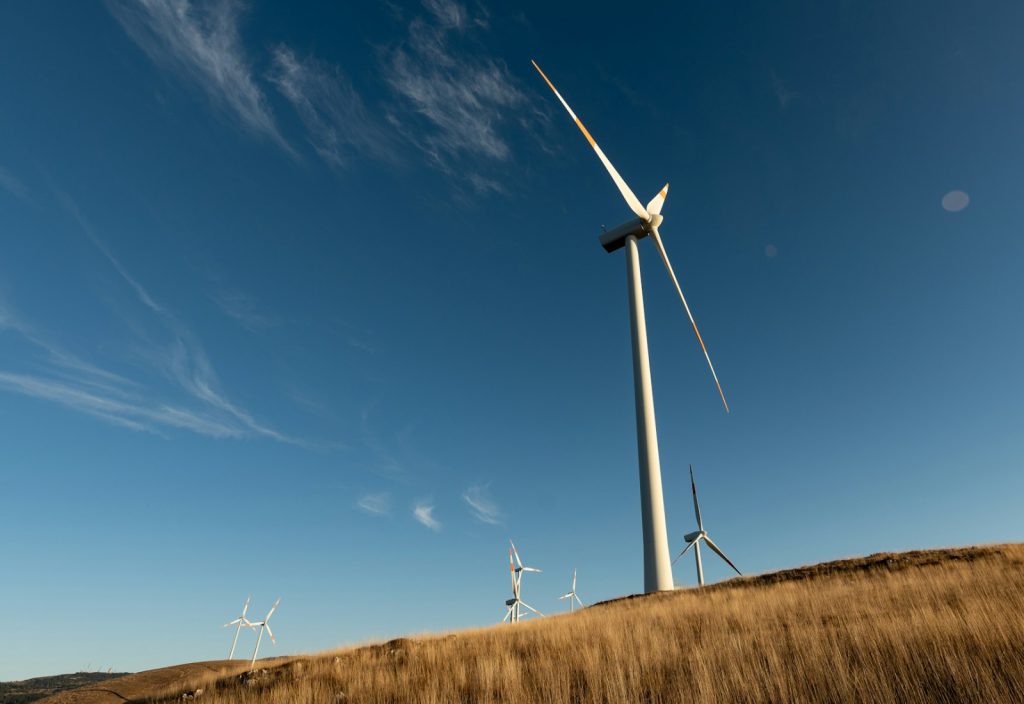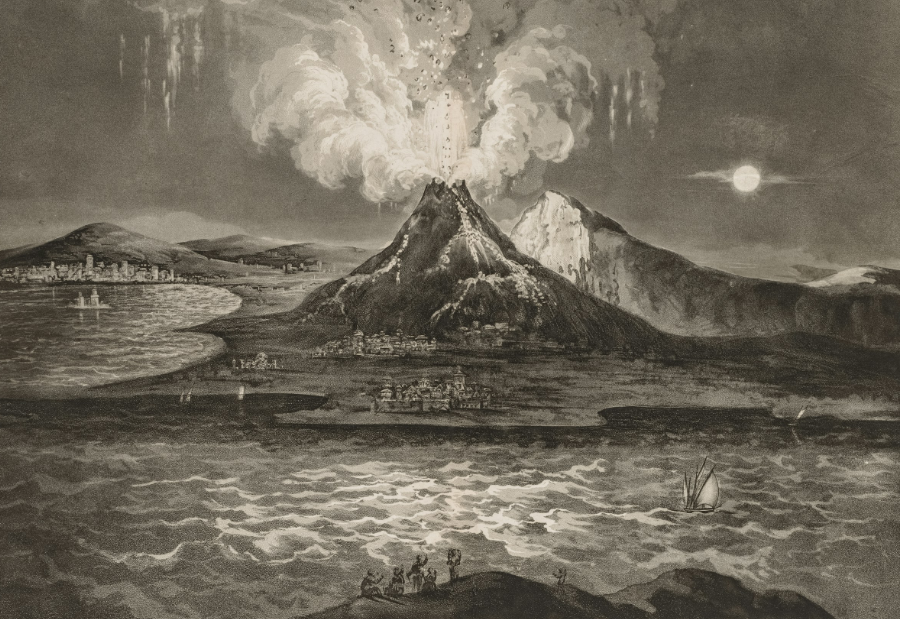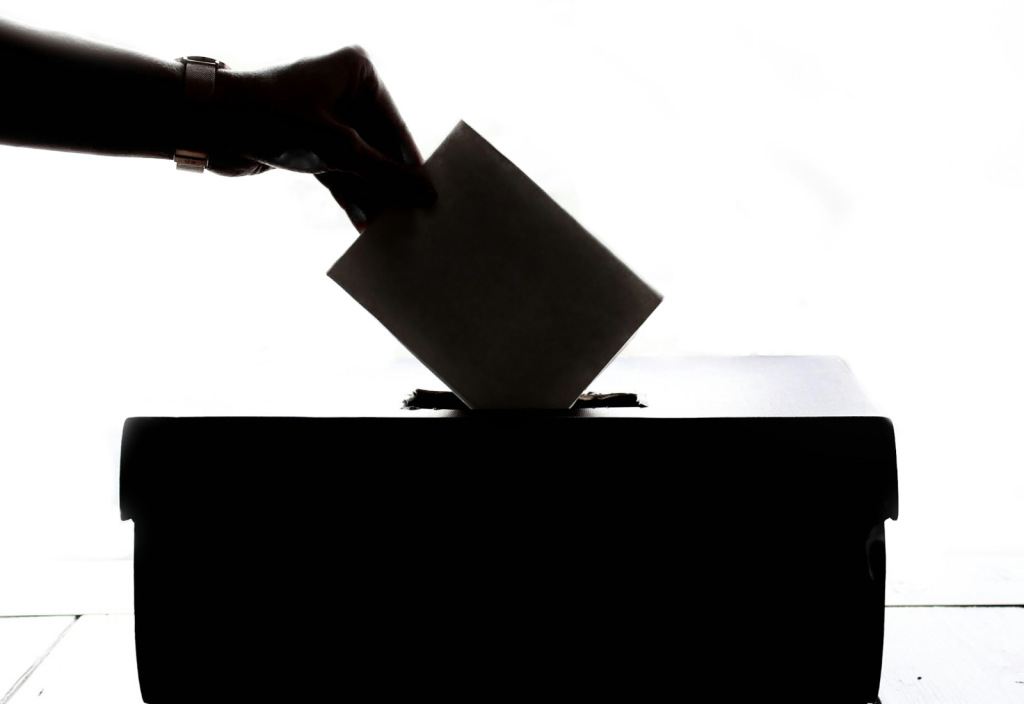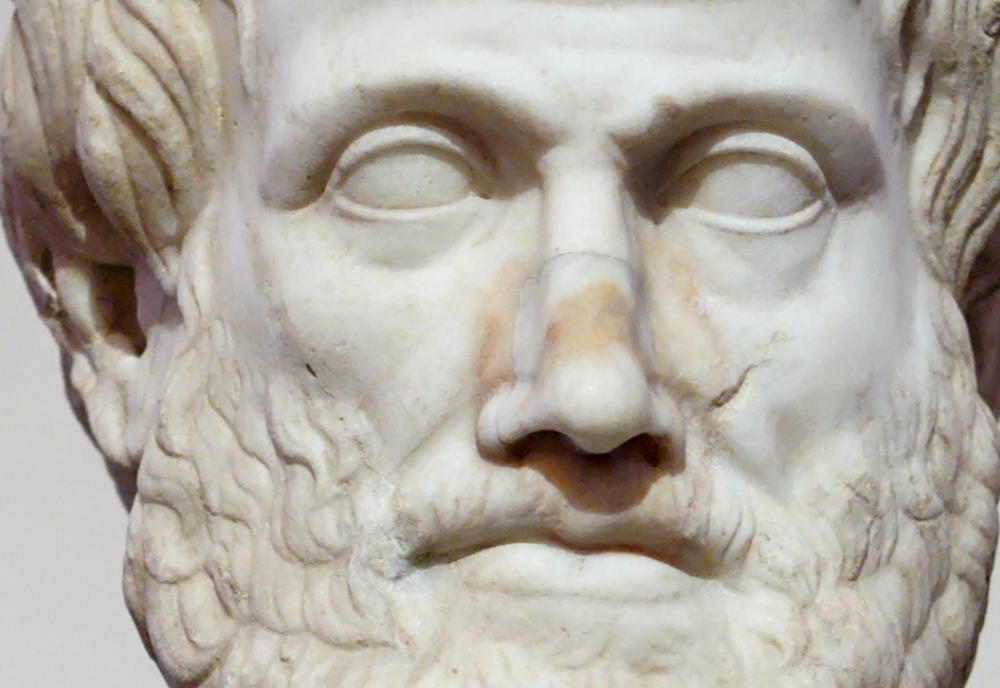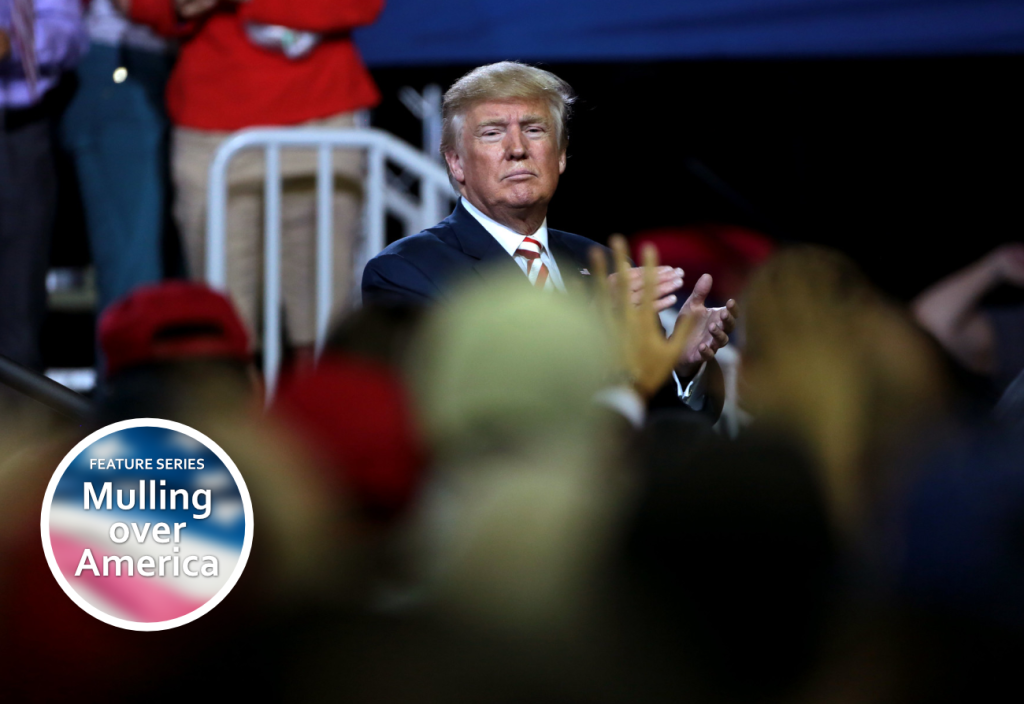Long before Australia saw four sitting prime ministers deposed by their own parties between 2010 and 2018, before the United Kingdom saw five prime ministers unceremoniously dumped following the 2016 Brexit vote, and before the establishment of an authoritarian-leaning presidency in the United States, the first Prime Minister of Singapore, Lee Kuan Yew, wondered where all the good leaders had gone.
A 2015 book about Lee and written by journalists at The Straits Times newspaper, Lee Kuan Yew: The Man and His Ideas, provides a window into how, amongst other things, inapt and cowardly leaders are responsible for the decline of democracy in Asia and many Western nations.
The book tells the story of Lee’s life from Japanese-occupied Singapore in 1941 until 1998, when he was serving as Senior Minister. It chronicles the events, people and political fortunes that shaped Lee’s view of the world, as well as the path he set for the transformation of Singapore. It delves into the choices he made, the political turnings he took, the insights gained.
It also reveals how one-time popular but inherently “weak, cowardly and authoritarian leaders” exploit political upheaval, societal divisions, and public grievances to justify crackdown on dissent and consolidate power – and, thus, weaken democratic norms and long-standing institutions.
Lee once wrote:
If you vote in jokers, cranks, weak men, charlatans with some gift of the gab, you run a very serious risk of losing everything you have.
If you look at the declining opinion polls and revolving leadership across the developed world, one has to ask where have all the good leaders gone.
Indeed, where have all the good leaders gone?
Poor leadership, the rise of digital politics, rise of populism and authoritarianism, economic inequality, and the spread of misinformation are intertwined issues that have led to democratic backsliding worldwide.
When leaders fail to uphold democratic norms, institutions, and values, it can erode public trust and pave the way for authoritarian tendencies. This can manifest as a decline in civic engagement, increased political polarisation, and a weakening of the rule of law.
Democratic backsliding has become a defining trend in global politics. However, despite the extensive attention paid to the phenomenon, there is surprisingly little consensus about what is driving it.
The most common explanations offered by analysts range widely. Russia and China support autocrats whose efforts largely emphasise undermining democratic systems. The role of technology, from the exponential growth of social media to the rise of enhanced forms of surveillance, is hurting democracy.
Others underline domestic sources of discontent and socioeconomic factors, such as rising inequality and anemic economic growth. The rise of populism and intensifying political polarisation receive some blame.
However, all of these fall short when tested across a wide range of cases. A more persuasive account focuses on the central role of leader-driven anti-democratic political programs that stem from motives including exploiting public grievances.
While the objectives and methods of weak but opportunistic authoritarians vary, their playbook remains similar. They come to power by a traditional electoral pathway, appealing to the major issues of political life and playing by the rules of the democratic game. But, once in power, they view the stakes and risks of democratic politics – and the concomitant risk of being voted out – as too high a price.
The Brookings Institution warns there are increasing concerns about democratic erosion and the potential for it to slide towards authoritarianism in the United States. They cite recent events such as attempts to undermine election results and executive overreach.
Lee’s sentiments are reflected in a recent essay published in Journal of Democracy that suggests backsliding is less a result of democracies failing to deliver than of democracies failing to constrain predatory political ambitions and methods of certain elected leaders.
But failure to deliver public services has led to a decline in public trust of democratic institutions, such as in Germany. When governments fail to provide essential services like healthcare, education, and infrastructure, it can fuel public dissatisfaction and a perception that democracy is not delivering tangible benefits.
And where they are delivering services, according to Lee, the question arises of who pays? With spending amortised over so many years, and future governments having to raise that money, the net result is you have mortgaged your future.
When leaders fail to uphold democratic norms, institutions, and values, it can erode public trust and pave the way for authoritarian tendencies.
Lee argued that Singaporeans had a stake in the nation’s development, especially through the Home Ownership for the People Scheme. He remarked that when one took up Australian citizenship, they immediately owe unpaid foreign debt. Whereas, when when become a Singapore citizen, they automatically acquired many dollars in assets.
In 2019, the Pew Research Centre identified India, Germany, Brazil, and the Netherlands among nations where populations are increasingly dissatisfied with democracy, as well as the relative ease by which leaders are ousted. Australia appeared on a longer list.
In 2018, Jack Waterford, writing in the Sydney Morning Herald, described Australia’s system of government as inherently sound if not for the ease “dud” leaders can be disposed of by their own (erstwhile) colleagues or electorate.
Political cowardice takes place when those with political influence are protected at the expense of those with little political clout. It poses the greatest risk to democracy when it underlies partisan institutions.
Tony Abbott said as much when he accused political leaders of not doing enough to promote Australian values. He claimed that cultural cowardice is at the heart of public institutions such as the ABC and the public service. It is why, he said, many voters turn their backs on the major parties.
Waterford invited readers to reflect upon, and compare, the tumultuous leadership changes within the Australian Labor Party during the Rudd-Gillard-Rudd era with the American system.
Imagine, if you can, the people of the United States making a terrible misjudgment and putting into office a person morally or temperamentally unfit to be chief executive and virtual monarch.
He wrote that such a mistake:
…cannot usually be undone for four years. During that time, constitutional checks and balances are hardly sufficient to restrain or prevent abuse of power. Impeachment is a possibility…
Hindsight is, of course, 20/20.
The US Constitution says the president can only be removed from office by Congress for treason, bribery, or other high crimes and misdemeanors. It seems incompetence or lack of popularity is no reason to roll a president.
A cowardly 43 Republican senators (another institution) buckled to Trump and his supporters’ threats after the failed 2020 insurrection. They could not bring themselves to hold the man accountable. What followed was a textbook definition of backsliding.
Lee saw the troubling convergence of politics, entertainment and advertising – politicians were little more than packaged goods designed to appeal to the widest possible audience. Media and the rise of the Internet aided and abetted poor government, with the modern media creating a world “where superficial optics have become more important than substance”.
Digital platforms are described as the organisational forms of the early 21st century that monopolise the collection and analysis of data, and establish a specific form of network dominance. However, they can exacerbate disinformation, polarisation, and distrust in institutions.
It’s somewhat similar to the practice of early 20th-century large corporations that took advantage of economic growth and burgeoning consumer culture, exploited workers and engaged in unethical practices.
But the role of digital democracy runs much deeper. Something far more insidious has supplanted true moral courage. A performance of outrage can exist without consequence, and a spectacle of righteousness without risk.
What we witness daily across our politics isn’t bravery but hollow imitation. It is cowardice dressed as conviction, where words substitute for deeds and anonymous vitriol replaces meaningful engagement.
This politics of cowardice corrodes our civic space, turning what should be reasoned debate into a toxic theatre of performative hatred.
The rise of the Internet has contributed to the decline of democracy in other ways, too. Lee reflected that, if he were young again, he might be instead “joining a dot-venture capitalist firm and probably make a million or two.”
He suggested that, in the relative comfort of life in the Western world, many young and talented individuals would prefer to remain in business rather than endure the intense public scrutiny and criticism of a political career. He noted that, in the United States, the ablest and the best became heads of corporations.
In Singapore, prime ministers are among the highest paid. The current Prime Minister there earns a salary of US$1.6 Million. Anathony Albanese, on the other hand, earns US$390,000. Although the independent Remuneration Tribunal’s recent decision to increase politicians’ pay means he will receive a base salary of roughly AUD$607,500.
Lee argued that, while some talented individuals entered politics in the West, they often did so for only brief periods and did not have a genuine intention to serve. Instead many politicians leveraged their time in office for personal gain, securing lucrative book deals, speaking engagements, or positions as lobbyists for powerful corporate interests.
As we continue to witness democratic backsliding, however, it’s important to note that democratic institutions are not eroding in parallel fashion. As one 2020 study showed, elections are improving while rights are retracting in the same time period, and in many of the same cases. Democracy indices, with varying democracy concepts and measurement approaches, show different extents of global democracy decline.
While it is hard to know absolutely how Lee might judge the current crop of politicians, I wager it wouldn’t be very high. However, I must also point out that not all was honey and sweet when it came to Lee’s pragmatic and sometimes harsh approach to governing Singapore. Critics often cite his use of authoritarian and heavy-handed policies as a negative aspect of governance. Many argue his methods were unnecessarily restrictive and stifled political dissent – the very aspect of leadership he spent his life denouncing.
Published on 8 July 2025.
If you wish to republish this original article, please attribute to Rationale. Click here to find out more about republishing under Creative Commons.
Image: Department of Defense (US) (CC); Kenneth Koh (Unsplash).

